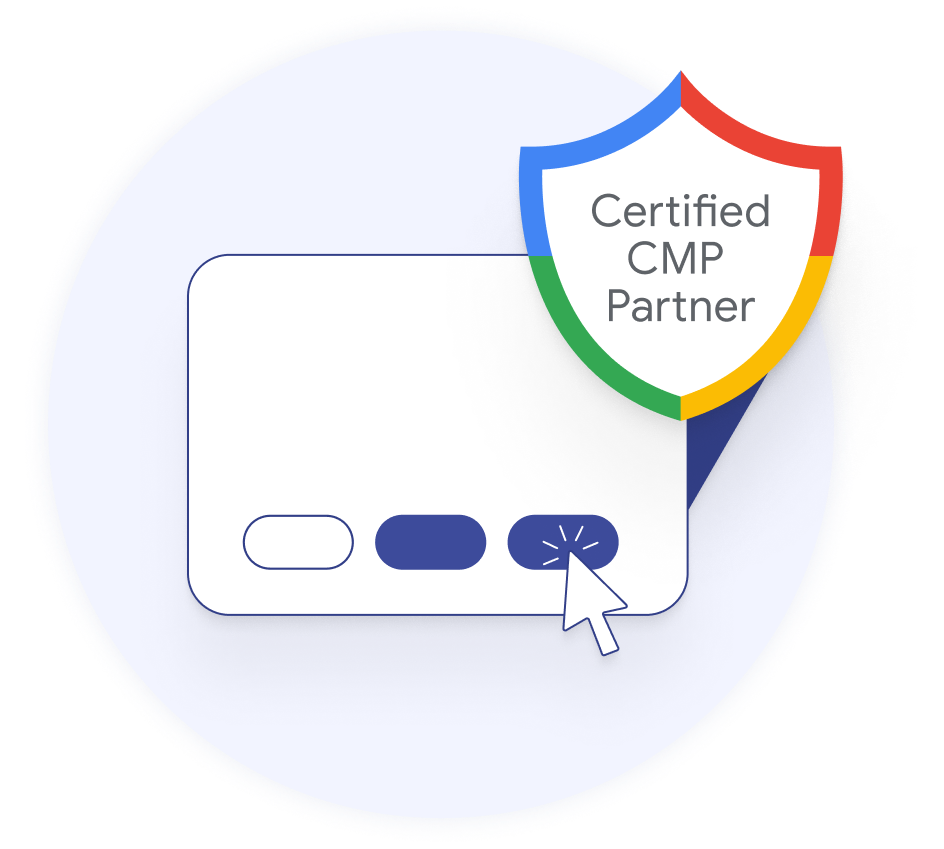In September 2023, the European Commission designed 6 gatekeepers under its Digital Markets Act (DMA): Alphabet, Amazon, Apple, ByteDance, Meta, and Microsoft.
While most of these organizations are likely getting ready to address the requirements involved, Google was the first mover and has already shared some updates to products ahead of the DMA deadline of March 6th, 2024.
This article provides context surrounding Google and the DMA before digging deeper into the preparations Google has been communicating about and how you can start getting ready today.
Summary
Gatekeepers and the Digital Markets Act (DMA)
The Digital Markets Act (DMA) is an upcoming landmark legislation by the European Union, which aims at regulating core digital platform services such as online search engines, web browsers, advertising services, social network services, and video sharing platforms, in an effort to ensure and maintain contestability and fairness in the relationship between digital platform providers, business users, and end-users.
6 gatekeepers were named by the European Commission, including Alphabet, the parent company of Google and Android.
%20Gatekeepers.png?width=1740&height=1789&name=Didomi%20-%20Digital%20Markets%20Act%20(DMA)%20Gatekeepers.png)
Among other obligations under the Digital Markets Act (DMA), starting March 6th, 2024, these gatekeepers will be held accountable for the data used in their services and must prove valid user consent. For organizations, it likely means stricter consent management requirements for using their services.
While other gatekeepers have yet to clearly communicate their plans ahead of the DMA March 6th, 2024 deadline (or, in some cases, are still contesting gatekeeper status), Google has already started working on consent requirements and communicating on preparations for users of their products and services. Let’s go over them now.
Google updates and preparations ahead of the DMA
Google has been busy with data privacy as of late. Last year, the company announced new CMP requirements in line with the launch of the latest iteration of IAB Europe’s Transparency and Consent Framework (TCF).
These new guidelines outlined that from January 16, 2024, Google partners using publisher products (Google AdSense, Ad Manager, or AdMob) are required to use a Google-certified Consent Management Platform (CMP) when serving ads to users in the European Economic Area or the United Kingdom.
Since then, Google has also released its updated Google consent mode V2, which organizations can implement either manually or via a CMP Partner integration like Didomi, and communicated on the enforcement of its EU User Consent Policy (EUUCP) requirements.
When it comes to the Digital Markets Act (DMA) specifically, Google shared in January some of the preparations the company is going through ahead of the March 6th deadline, including regarding consent:
|
"We currently share data across some Google products and services for certain purposes, including to help personalize your content and ads, depending on your settings.
Over the next few weeks, we will be presenting European users with an additional consent banner to ask them whether some services can continue to share data for those purposes. If services aren’t linked, some features may be limited or unavailable. Users can change their choices anytime in their Google Account settings."
- Oliver Bethell, Director, Legal, Google (source: Google) |
While gatekeepers are still gearing up ahead of the DMA deadline and progressively communicating about their preparations, we at Didomi are working closely with the team at Google to help our customers get ready.
Get ready for Google’s DMA requirements with Didomi’s Google-certified CMP
Our Consent Management Platform (CMP) was among the first to be certified by Google when it announced its requirements in early 2023. We’re working closely with the team at Google to ensure a seamless adoption of Google data privacy policies, including Consent Mode V2 and other upcoming requirements for our users.
|
"We are strong advocates of privacy-first experiences that promote user choice and transparency. The new CMP requirements give more control to the end user, which is what Didomi’s mission is all about.
Didomi has been actively involved in developing the TCF 2.2, specifically working on the updated policies. We are working with Google to ensure seamless integration of the framework"
- Romain Gauthier, co-founder and CEO at Didomi |
Our Consent Management Platform (CMP) helps organizations comply with Google requirements and global regulations through:
-
Full compliance with Google Consent Mode as part of the Google CMP partner program
-
Multi Regulations coverage (GDPR, CPRA, Law 25, and more)
-
Complete support and onboarding from our customer-facing teams
-
An optimized Privacy UX, including tailored consent banner personalization
To discuss your privacy and compliance challenges and discuss how you can get started with Google CMP requirements, get in touch with our team for a chat:
Frequently Asked Questions (FAQ)
What is the Digital Markets Act (DMA)?
The Digital Markets Act (DMA) is a landmark legislation by the European Union designed to regulate digital platform services like search engines, social networks, and advertising services. It aims to ensure fairness and contestability in the digital market. Learn more about the DMA.
Who are the gatekeepers under the DMA?
The European Commission has designated six gatekeepers under the DMA: Alphabet, Amazon, Apple, ByteDance, Meta, and Microsoft.









